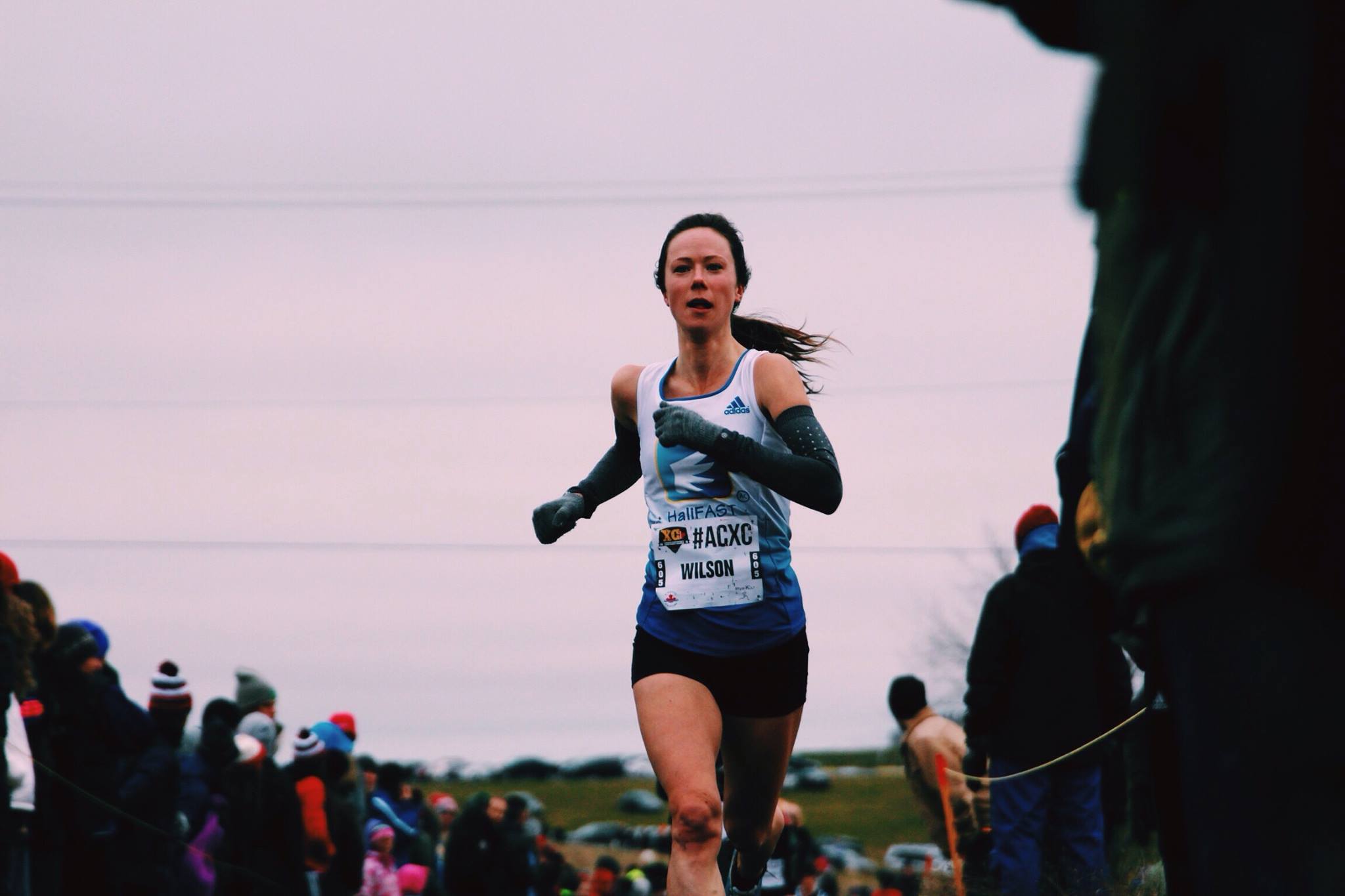Queen’s to host Canada’s first-ever university cross-country meet with equal distances for men and women
The Queen's Invitational in Kingston, Ont. on Saturday is expected to be the first-ever North American cross-country collegiate meet with equal distances among men and women (photo: Maxine Gravina).

Queen’s University in Kingston, Ont. will be the site of what’s believed to be the first collegiate cross-country meet in North America where both the men and women will contest identical race distances. The move comes as a significant milestone as women have long raced a lesser distance at cross-country meets in Canada including at the university level.
Men and women will run 8K at the Queen’s Invitational on Saturday.
The race organizer and Queen’s University head coach, Steve Boyd, has been a vocal supporter of men and women racing equal distances. Currently, the men race 10K and the women race 6K at the Canadian university cross-country championships. Meanwhile, the IAAF, the governing body for athletics around the world, has senior men and women race the same distance at the world cross-country championships.
RELATED: Victoria Coates says her athlete development was hindered by sport’s gender inequality.
Boyd reached the decision to run 8K because he thinks “a women’s 10K in the first year might have scared some teams away.” Note that the women still run 6K at the CIS championships so running 4K farther close to crunch time would not have been ideal. He also prefers men run the usual 10K since many teams in Ontario have not done so this year but says “it’s just that the equal distance thing comes first for me at this point.”
According to Boyd, it is the “first collegiate cross-country race in North America where men and women run the exact same distance.” In Ottawa, at the national capital cross-country championships, a high school competition, both the girls and boys run equal distances.
RELATED: See what coaches had to say following last year’s gender equality vote at the CIS Championships.
The decision to equal distances has sparked interest from Dalhousie University’s team, which will be sending Colleen Wilson to the event to run the 8K in support of gender equality in cross-country running. Head coach, Richard Lehman, expressed his support for equal distances at the Canadian cross-country championships in 2015 by voting in favour of gender equality.
“From my perspective, I was very keen to have some Dalhousie representation there, being that the race distances were going to be equal,” Lehman says. “I had hoped to support Steve and his team at Queen’s by sending a larger group [but Dalhousie has a conflicting meet the same weekend]. Equalizing the race distances, in my opinion, is the right thing to do and I’m quite confident that it’s going to be a great race.”
For Wilson, the meet also provides an ideal opportunity to run against competition that she may have otherwise only seen at the national championships in Quebec City on Nov. 12. Coaches were not aware what the race distances would be when the signed up for the invitational but Boyd says that he didn’t get an disinterest in the event after it was announced that women would be running 8K.
RELATED: See what Alex Hutchinson, aka Sweat Science, has to say on the topic.
Boyd confirmed that he plans on bringing forward another motion at the Canadian university cross-country championships in November to equalize men and women’s race distances. Last year, his motion for equal distances was voted down.
“People have become too comfortable with the current situation,” Boyd says when asked about why differing distances still exist. “Women are products of the current system. They start doing unequal distances at a young age and it becomes normalized. But what we don’t see is that we don’t service athletes equally to achieve their full ability.”
Victoria Coates, for example, says that her athlete development was hindered because there are no long-distance options available for women in Canadian collegiate athletics. Coates, a Queen’s graduate after attending McMaster, was not able to transition smoothly to road running after university because never before had she raced longer than 6K. That’s especially short considering that road racing goes up to distances like the half-marathon and marathon.
In Canadian collegiate athletics, there’s no national championship where women can run longer than 6K. However, the national open cross-country championships will have equal senior men and women’s race but not below the senior level.
Boyd sees the junior distance discrepancy as a “cop out by the IAAF.”
Saturday’s race will also feature some top level women’s high schoolers in Brogan MacDougall, who threw down an amazing 16:30 5K at the Canadian 5K road race championships, and Shona McCulloch. The two are arguably among the greatest high school runners in Canadian history. In addition to the select high school runners, the meet will feature top talent from Ontario universities and beyond.
The women’s race begins at noon local time followed by the men’s race at 1 p.m. at Fort Henry.


